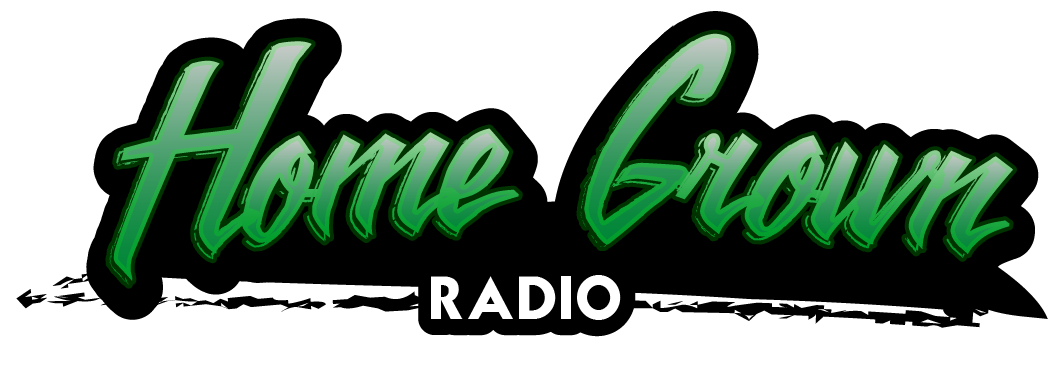
The judge presiding over the trial of Atlanta rapper Young Thug, who was indicted as a member of criminal street gang YSL, ruled Thursday that prosecutors can use his lyrics as evidence of his crimes.
Judge Ural Ganville “conditionally approved” 17 sets of lyrics performed by Young Thug and co-defendants, to be used as evidence in court despite a motion from the defendant’s in December, which argued that the practice was “racist and discriminatory.”
Glanville said he will approve more lyrics if the prosecutors select more.
“Gave the lawyer close to two mil, he handle all the killings… we don’t speak ‘bout sh*t on wax,” read one set of Young Thug lyrics the prosecutors presented in court. “It’s all mob business, we known to kill the biggest cats of all kittens.”
Young Thug is being charged with conspiring to violate Georgia’s Racketeer Influenced and Corrupt Organizations law (RICO), along with 28 other co-defendants that are being accused of committing murders and armed robberies.
While the lyrics seem incriminating on the surface, it is not uncommon for rap artists to blend fantasy into their lyrics to create an outlaw lifestyle image. In an interview with Genius in 2019, Lil Tecca admitted that most of the lyrics in his song Did It Again are untrue, like a bar about crashing a Ferrari even though he can’t drive.
The use of rap lyrics as evidence in court has led to troubling outcomes like the conviction of Vonte Skinner in 2014 whose lyrics were used as evidence of him committing a shooting even though the lyrics were written years before the event took place.
These types of convictions have led to the emergence of the Protect Black Art movement, which aims to support legislation that would protect rap artists from having their lyrics used against them in court.
Such movements are already creating legislative changes in states like California, Governor Gavin Newsom signed a law into effect that would protect rappers from prosecutors unfairly using their lyrics against them in court.
Now, this decision by Ganville is once again sparking the debate about artistic expression in rap and why it isn’t afforded the same freedom of expression as other genres.

